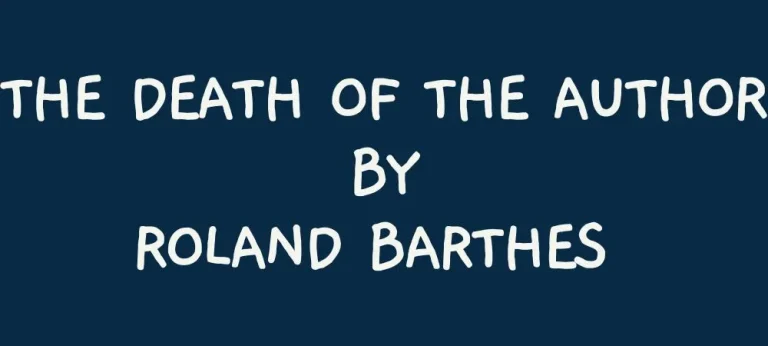Greek mythology is an intriguing collection of historic tales and traditions that has enthralled people for millennia. The ancient Greeks used this rich tapestry of deities, heroes, and fantastical beings to make sense of their surroundings. Kratos stands out as a notable figure of force and strength among these mythical characters. Kratos is regarded as the god of strength and is renowned for his unrelenting might and power. He has a strong connection to Zeus, the ruler of the gods, and is a pivotal figure in many Greek myths, creating an enduring impression as a representation of unfettered physical power.
 Shyam
Shyam
A Sad Child by Margaret Atwood |Mood | IGCSE US
The mood of “A Sad Child,” a poem by Margaret Atwood, is one of melancholy and introspection throughout the entire work. Her general attitude, skillfully weaved across the poems, is one of delicate empathy, profound resignation, and a hint of cynical contemplation. Atwood explores the complexity of a child’s emotional issues as well as the societal elements that contribute to their isolation and loneliness as she goes into the depths of a child’s grief. She allows readers to explore the complex world of human emotions, reflecting on how we all experience pain and the limitations of traditional treatments through her poetic language and evocative imagery. A powerful and illuminating reading experience is produced by this pervasive mood, which is defined by its sensitivity and contemplative nature.
Philip Larkin as a Movement Poet
Philip Larkin, a well-known poet of the 20th century, is frequently praised for his distinctive style and insightful observations on human nature. Despite the fact that he may not be conventionally connected with any one literary movement such as Romanticism or Modernism, Larkin’s poetry demonstrates characteristics that represent the spirit of movement poetry. Philip Larkin is considered a movement poet due to his investigation of societal changes, emphasis on the mundane, and powerful depiction of the human condition.
The Death of the Author by Roland Barthes Summary
French literary critic Roland Barthes first used the phrase “The Death of the Author” in his essay of the same name from 1967. It claims that once a text is published, it loses its connection to the author’s intentions and becomes subject to reader interpretation. This idea challenges the conventional idea that the author is the only authority and interpreter of their work. According to Barthes, the identity and purposes of the author are neither fixed nor knowable, and literature is a synthesis of many voices that transcend individual authorship. According to Barthes, literature is a neutral space where various voices interact and the idea of a single, all-knowing author is questioned. The act of reading becomes crucial in creating meaning from a text along with the reader’s personal experiences, viewpoints, and cultural background.
Horace’s Ars Poetica summary
An essential work of literary criticism that had a significant impact on Western literature is Horace’s “Ars Poetica,” which was published in 19 BC. Horace outlines his understanding of the nature and function of poetry in this poem and offers counsel to aspiring poets. “Ars Poetica” is a guide for writing effective poetry that places a strong emphasis on both technical proficiency and creative vision. In his defense of clarity, naturalness, and simplicity in poetry, Horace urges poets to be inventive and distinctive while also abiding by the rules of their particular genre.
American Dream in English Literature
The American Dream has been a recurring and enduring theme in American society and culture, motivating generations of both native-born Americans and immigrants to achieve their dreams and aspirations. This idea of achievement and advancement has also been a major issue in English literature, illustrating both the benefits and drawbacks of the American Dream. Through literary works, authors have investigated the various ways people strive for fulfillment and how the pursuit of the American Dream can result in tragedy, failure, or disillusionment. The American Dream has been a recurring theme in English literature from the early 20th century to the present, serving as a prism through which to analyze the intricacies and tensions of American life and society.
John Keats concept of Negative Capability
The English poet John Keats first discussed the idea of negative capability in a letter he wrote in 1817. It suggests a specific trait of artistic and creative thinking—the capacity to accept ambiguity, contradiction, and uncertainty without looking for easy or conclusive solutions. The ability to remain in a condition of doubt and ambiguity without drawing firm conclusions or applying previous conceptions to a situation or experience is what Keats called “negative capability.”






